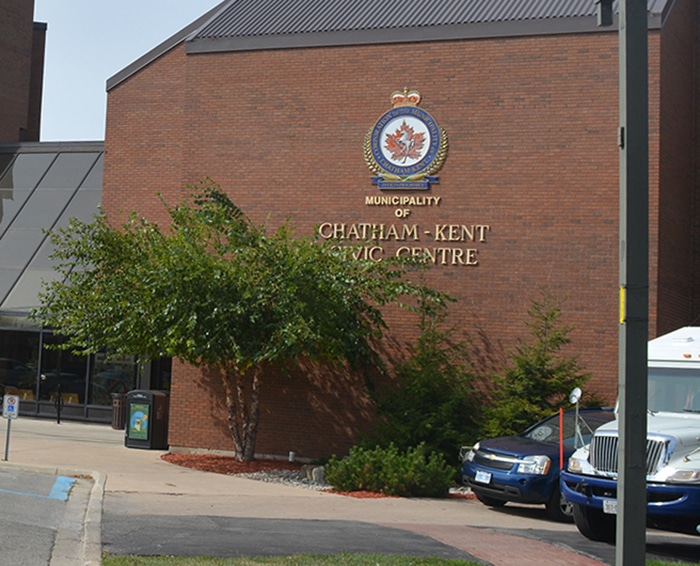
By Jenna Cocullo, Local Journalism Initiative
Chatham-Kent is looking to build 150 supportive housing units in an effort to tackle homelessness throughout the municipality.
On Dec. 14, council authorized Employment and Social Services to enter into a service agreement with Indwell, a Christian-based affordable housing charity, for one-time funding in the amount of $100,000.
The funding will go toward a yearlong local Indwell project manager position. The individual will work with NeighbourLink, the municipality, and other housing and health-care stakeholders to build partnerships, find development sites, and fundraise.
“Supportive housing is broadly recognised as an effective way to prevent and address homelessness; as a core service for people with mental health and addiction issues with moderate to severe support needs; a key service for people with developmental disabilities; and it’s a cost-effective service to assist people to live as independently as possible in a community setting,” said Chantel Perry, manager, Employment and Social Services, and the municipal representative on the Chatham-Kent NeighbourLink Committee.
In 2019, the affordable housing gap between supply and demand in Chatham-Kent was 2,625.
The supportive housing gap was 279 individuals, however, preliminary data since COVID-19 puts the supportive housing numbers up around 400.
“COVID-19 has exacerbated system issues in our community surrounding homelessness, mental health and substance use, and we’re seeing an increased need for more intensive housing supports,” Perry said.
Perry said supportive housing can save money by preventing unnecessary use of emergency shelters, reducing hospital visits and the justice correctional system. For one person, those services are estimated to cost between $66,000-$120,000, whereas supportive/ transitional housing will cost approximately $18,000, and $8,000 for affordable housing.
Employment and Social Services established a temporary homeless and COVID-19 isolation shelter from April to September 2020. In that time, 144 individuals received emergency housing, food, mental health, and substance use support services.
Since then, the municipality transitioned to using hotel rooms.
According to Graham Cubitt, director of projects and development for Indwell, 150 units will take a $48 million investment based on their work in other Ontario municipalities. That goal would take community donors ($2.2 million), municipal investment ($4.8 million), provincial investment ($7.5 million) as well as CMHC grants and financing ($32 million).







This will never happen. Pie in the sky shit that will leave you with indigestion.